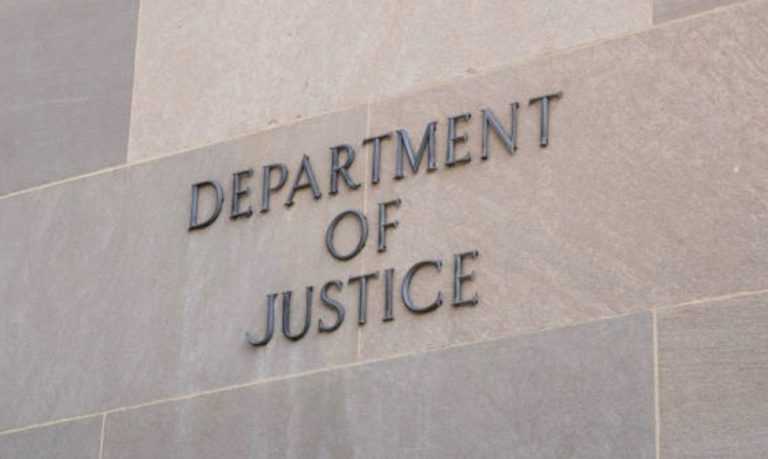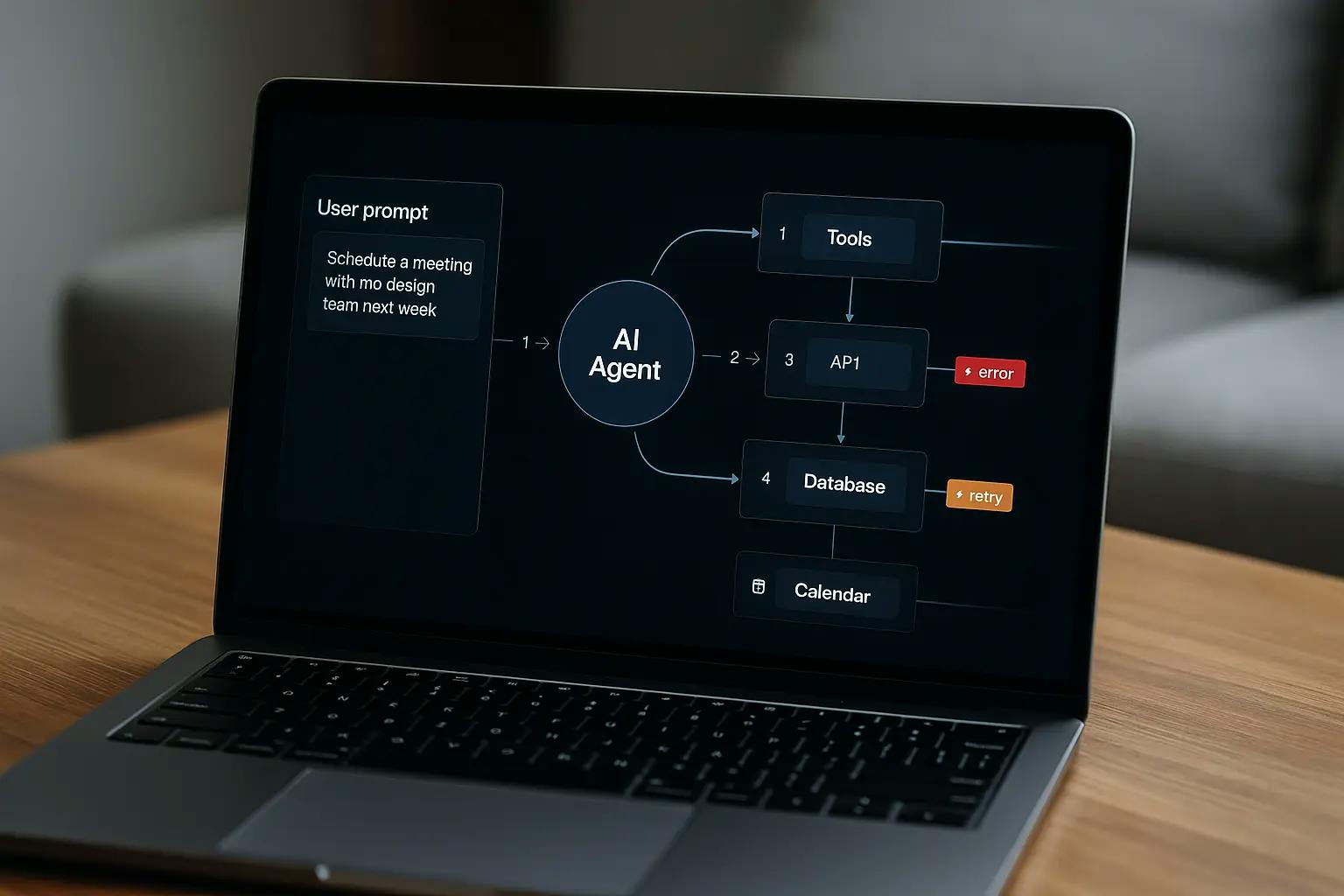US Government Seizes Record $15 Billion in Bitcoin Linked to LuBian Hack and Global Scam Network


The US Department of Justice (DOJ) announced the largest cryptocurrency seizure in history: approximately 127,271 BTC, valued at around $15 billion at current prices.
This action targets funds originally stolen in a massive 2020 hack from LuBian, a prominent Chinese-Iranian Bitcoin mining operation, which were subsequently laundered through a transnational “pig butchering” scam empire run by Cambodia’s Prince Group.
While some reports approximate the value at $12-14 billion due to price fluctuations and partial valuations, the official DOJ figure stands at $15 billion. LuBian, which controlled nearly 6% of global Bitcoin hash rate at the time, suffered a breach exploiting a vulnerability in its 32-bit entropy key generation algorithm.
This allowed a brute-force attack, resulting in the theft of 127,426 BTC worth about $3.5 billion then, now ~$14.5 billion. The hacker moved the funds quietly, and LuBian operators sent over 1,500 micro-transactions totaling 1.4 BTC with embedded OP_RETURN messages pleading for their return—efforts that went unanswered.
Register for Tekedia Mini-MBA edition 18 (Sep 15 – Dec 6, 2025): registration continues.
Tekedia AI in Business Masterclass opens registrations.
Join Tekedia Capital Syndicate and co-invest in great global startups.
Register for Tekedia AI Lab: From Technical Design to Deployment.
The incident flew under the radar until August 2025, when on-chain analytics firm Arkham Intelligence publicly detailed it as potentially the largest crypto theft ever, surpassing the 2016 Bitfinex hack 119,756 BTC. No arrests were made at the time, and the funds remained largely dormant.
The stolen LuBian Bitcoin was funneled into Prince Group’s operations, led by Chinese fugitive Chen Zhi also known as “Mile”. This conglomerate allegedly orchestrated one of the world’s largest investment fraud networks, involving “pig butchering” scams—romance/ investment cons that defrauded victims of billions.
The group operated forced-labor compounds in Cambodia and Myanmar, where trafficked individuals including torture and sexual exploitation were coerced into running scams.

Prince Group used its own mining ventures, including LuBian, to “clean” the illicit BTC by mixing it with legitimate mining output. Proceeds were laundered via shell companies, real estate, and casinos in Southeast Asia. The US Treasury’s indictment describes this as a “multi-billion-dollar criminal enterprise” spanning human trafficking, fraud, and money laundering.
The seizure involved coordination with UK authorities, targeting assets across Cambodia, Thailand, and beyond. It’s part of a broader crackdown on Southeast Asian scam hubs, following similar actions like the 2023 $225 million USDT seizure.
Just one day after the DOJ announcement, a long-dormant LuBian-linked wallet holding 9,757 BTC (~$1.1 billion) activated for the first time in three years, transferring all funds to a new address.

This has sparked speculation: Is it the original hacker evading seizure, or preemptive movement by authorities? On-chain analysts note the remaining ~117,669 BTC is untouched, making the holder the 13th-largest Bitcoin whale.
Some experts, including Arkham’s Emmett Gallic, suggest the US government may have orchestrated the initial 2020 hack or a subsequent “white-hat” recovery, given the timing and custody of vulnerable wallets flagged years ago. However, the DOJ frames it as a standard forfeiture from the scam probe, not admitting any prior involvement.
Priority goes to scam victims pursuing claims. If unclaimed portions remain, the funds could bolster a proposed US Strategic Bitcoin Reserve under President Trump’s administration, potentially reshaping federal crypto holdings.
This seizure eclipses prior records, like the 2022 $3.6 billion Bitfinex recovery. It highlights crypto’s dual role in crime and recovery, while pressuring exchanges and miners to fix legacy security flaws. The case also underscores escalating US-Asia tensions over scam networks, with calls for stronger international tracing tools.





